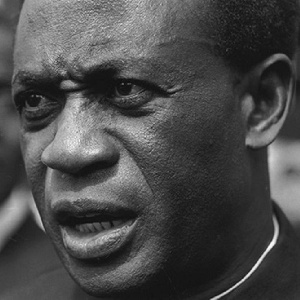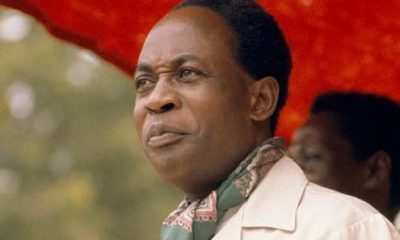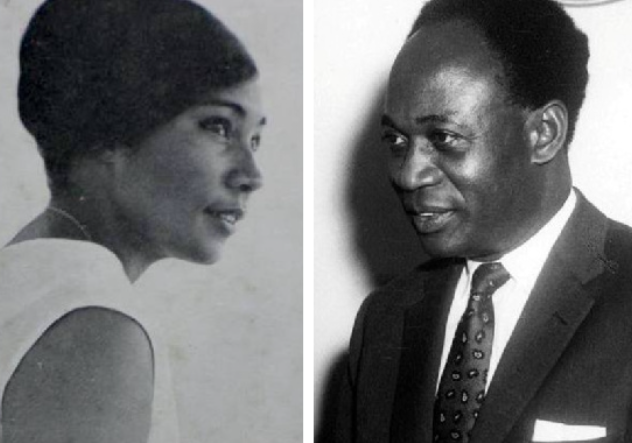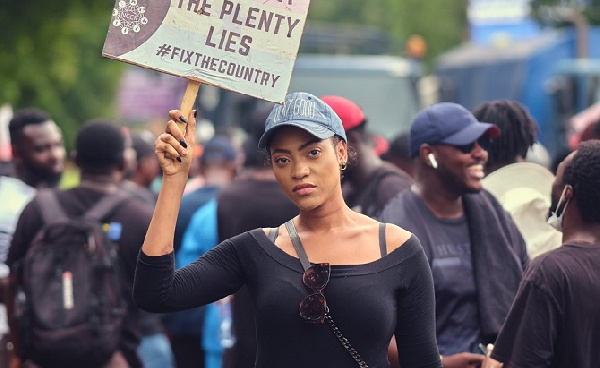GENERAL NEWS
May 25, 1965, the day Kwame Nkrumah dissolved Ghana’s first National Assembly

Ghana’s first president and Prime Minister, Osagyefo Dr. Kwame Nkrumah, is either loved or hated, but never ignored, particularly in his quest to make Ghana a vibrant and sustainable country for all.
While many still argue with some of his ideologies and decisions taken during his tenure as president, history continues to be kind to him with evidence of the key decisions and achievements of his government, earning him plaudits from most Ghanaians.
Dr. Nkrumah led the country in two capacities; as prime minister from 1957 to 1960 and; as president from 1960 to 1966.
After successfully getting the country to adopt a one-party system of government in 1964, Kwame Nkrumah dissolved the country’s first National Assembly, now referred to as parliament, on May 25, 1965.
This was to make way for a general election in June that same year and with the one-party system in motion, only the Convention People’s Party was allowed to participate in the election.
After the polls, the CPP won all 198 seats in the National Assembly. President Kwame Nkrumah was also re-elected without opposition by the National Assembly on June 10, 1965.
Many were not pleased with this, and it contributed to his overthrow the following year.
Some other events characterised the beginning and eventual end of his reign when he was overthrown in a military coup.
Notable among them is the era in which Ghana faced multiple crises regarding the economy, constitution, and international relations, among others.
With inflation at astronomical levels and a huge debt burden, Nkrumah survived an attempted assassination in Accra on January 1, 1964, resulting in the death of a security guard.
Subsequently, the opposition leader, J.B. Danquah, was arrested and imprisoned at Nsawam Prison on January 8, 1964.
Later that month in 1964, Ghana held the referendum in which some 99 percent of voters approved the one-party political system.
In July of that year, the Chinese government agreed to provide economic assistance (an interest-free loan of $22.4 million) to Nkrumah’s government.
The Asian country also provided military assistance, including weapons and 52 military advisers to the government beginning in October 1964.
While serving in jail, J.B. Danquah died from a heart attack at Nsawam Prison on February 4, 1965, three months later, just three months before Nkrumah dissolved the National Assembly.
After being deposed in a coup on February 24, 1966, by a joint military and police operation led by the National Liberation Council, Kwame Nkrumah never returned to the country until his death.
Before his overthrow, Dr. Kwame Nkrumah had left Ghana two days earlier for Vietnam-Hanoi on a mission that later turned out to be a journey of no return. He went on a peace mission with the premise of getting Ghana’s fellow Commonwealth nations to end the Vietnam War.
The coup, codenamed “Operation Cold Chop,” lasted approximately 24 hours and saw the statue of the president smashed to pieces right outside Ghana’s Parliament House.
The structure was defaced and battered to the ground as people went out to jubilate.
Source: www.ghanaweb.com













